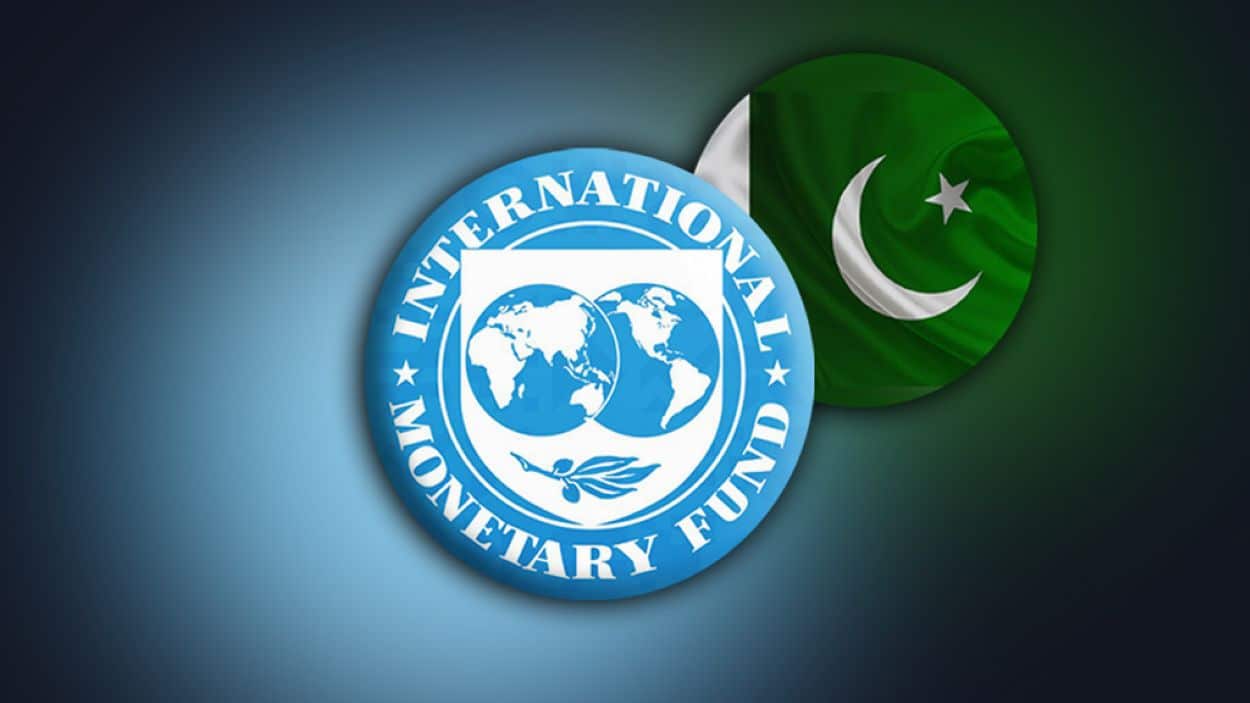On May 30, 2025, Pakistan and the International Monetary Fund (IMF) made significant progress toward reaching an agreement on tax relief for the salaried class in the federal budget for 2025-26, following intense negotiations. However, achieving the ambitious revenue target of Rs14.2 trillion poses a challenge, especially given a Rs1 trillion shortfall against the revised target of Rs12.33 trillion for the current fiscal year.
The IMF granted in-principle approval for reducing income tax rates across salary slabs, offering an estimated Rs56-60 billion in relief. The Federal Board of Revenue (FBR) proposed lowering the tax rate for the first slab (Rs0.6- 1.2 million annually) from 5% to 1%, reducing the tax from Rs30,000 to Rs6,000 for Rs100,000 earners, though the IMF prefers 1.5% (Rs9,000).
According to The News, other slabs may see a 2.5% reduction, with the top rate dropping from 35% to 32.5%. The FBR is tasked with compensatory measures to bridge the revenue gap.
The FBR faces hurdles with a proposed tariff rationalisation plan, potentially costing Rs150-200 billion in revenue, aimed at boosting economic activity but risking misdeclarations. The current year’s shortfall against the original Rs12.97 trillion target raises concerns about achieving the Rs14.2 trillion goal for 2025-26, which may rely on unrealistic assumptions, as reported by Geo News, referencing a senior official. The feasibility of the FBR revenue target is critical for budget planning.
The IMF objected to Pakistan’s allocation of 2,000MW for cryptocurrency mining without Energy Ministry or NEPRA approval, highlighting regulatory gaps, per Business Recorder. Rationalising the 10% surcharge and Super Tax is also under discussion, with gradual reductions planned, but final calculations remain unresolved, complicating the IMF negotiations for 2025.
Read: IMF Talks with Pakistan Continue Without Budget Agreement for FY2026
The IMF tax relief deal in Pakistan could ease financial burdens for salaried workers. However, the target of Rs14.2 trillion for the 2025-26 budget poses a challenge for the Federal Board of Revenue (FBR) given the current economic constraints. As negotiations progress, the outcome will significantly influence Pakistan’s fiscal policy and public sentiment. The tax cuts for the salaried class are a crucial step in balancing financial relief with revenue objectives.






